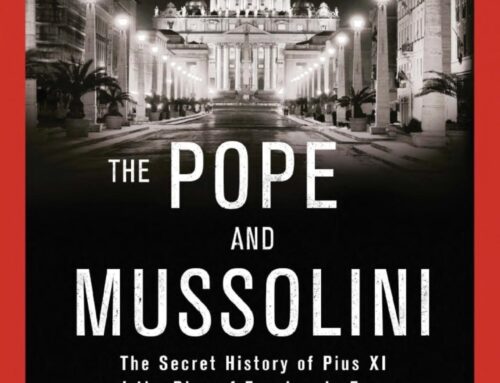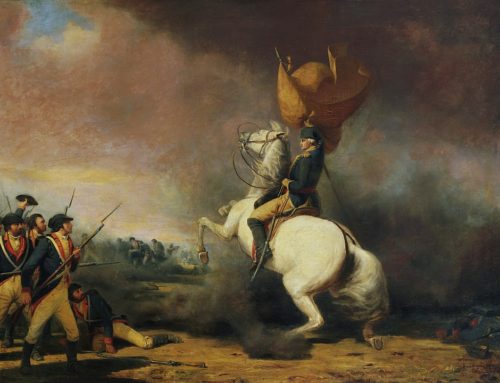I concur with Trump’s critics who believe that his actions have lowered the morale of the Justice Department because he is undermining its apolitical tradition and setting up a precedent where America could become a Banana Republic.
While Trump’s actions on many levels are disrespectful to our Constitutional traditions, my current concerns focus on three events that occurred this past week. That said, my primary focus in interference in the Roger Stone case.
Attorney General William Barr privately ordered re-examination of General Michael Flynn’s case. Previously, Flynn had pleaded guilty to charges that he lied to the FBI about a conversation he had with the then ambassador to the UN. Now Flynn is considering recanting his guilty plea.
The Justice Department dropped the criminal investigation of Andrew McCabe, who served as Deputy Director of the FBI from February 2016-2018. Critics of President Trump have long advocated that the investigation of McCabe was unwarranted. Trump took umbrage at the dismissal, feeling that it is “proof there is a deep state cabal working to undercut him.” Attorney General Jeff Sessions fired McCabe one day before he would have been eligible for an early retirement pension available to law enforcement officers
Trump attacking Federal Judge Amy Berman Jackson presiding over Roger Stone’s trial. As a consequence of Attorney General Barr’s questioning the sentencing guidelines of Stone, four prosecutors in the Roger Stone case withdrew and one of them resigned.
President Trump’s tweeting that (1) the sentencing of his longtime ally Roger Stone of seven to nine years was unwarranted and (2) attacking the judge (Amy Berman Jackson) overseeing the trial represents a threat to the independence of the U.S. Department of Justice. Trump has criticized Judge Jackson who is to sentence Roger Stone and sentenced Paul Manafort, who was convicted for campaign finance and tax crimes in 2019.
As a consequence of Attorney General Barr’s questioning the sentencing guidelines of Stone, four prosecutors in the Roger Stone case withdrew and one of them resigned.
President Trump does have the power to intervene in the actions of the Justice Department under Article II of the Constitution. However, in recent years, almost all presidents have used self-imposed restraints. The salient exception was Richard Nixon relationship John Mitchell who used illegal methods to undermine the Watergate investigation. Since Watergate, past presidents in both parties have instituted a tradition to prevent political influence by the White House on Justice Department investigations, especially involving criminal inquiries of administration officials or friends of the president.
Orin Kerr, professor of law at UC Berkeley School of Law argued that Trump has repeatedly raised flashpoints in his administration’s efforts to use the Justice Department as a political tool. Kerr provided as examples (1) Trump’s criticisms of the Mueller report (2) the Ukraine Scandal, and (3) his renewed efforts to investigate and impugn Democratic presidential candidate Joe Biden.
Kerr accused the president in this manner: “Any time the machinery of government is being used to further personal interests raise red flags. In brief, Kerr argues that the president is guilty of abuse of power in politics.
Kerr agrees that the President and the Attorney General have the right to get involved (interfere) in any particular prosecution. However, the norm is for the political types to stay completely out of individual cases and certainly not get involved in the granular level. In the case of Roger Stone, the president is protecting a person who was charged with a crime of protecting the president. Trump fired former attorney general (Jeff Sessions) because he was not “loyal enough to the president’s personal interests.”
Trump wants an attorney general who would function much as Roy Cohn did for him as his personal lawyer and fixer in the 1970s. Given recent comments by William Barr that the President’s tweets make Barr’s job impossible, Trump now might question whether Barr is loyal enough.
Barr worries that he will suffer the same fate as Jeff Sessions who was tormented by the president after recusing himself from the Russia investigation.



